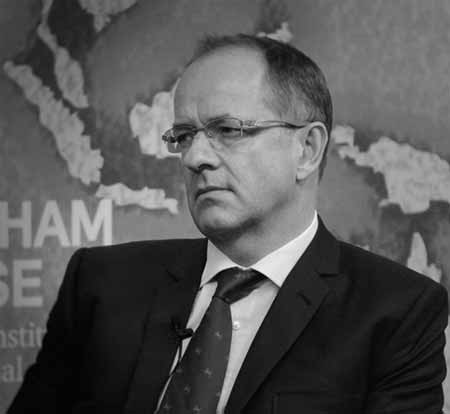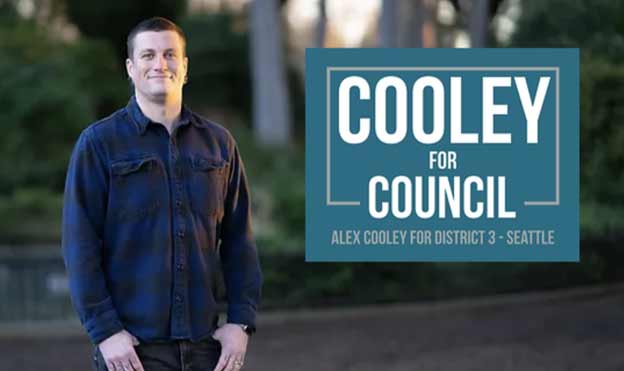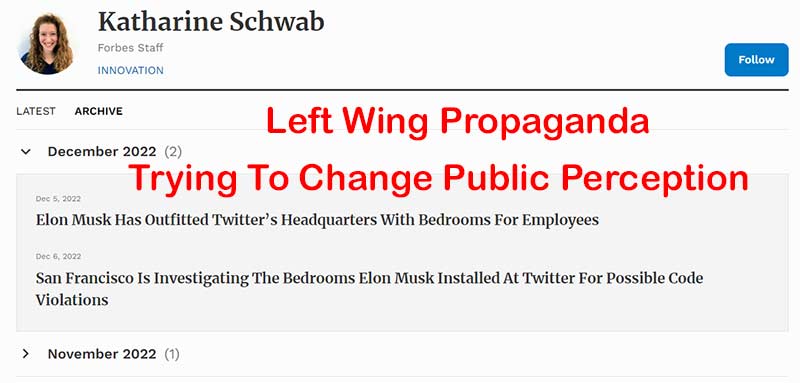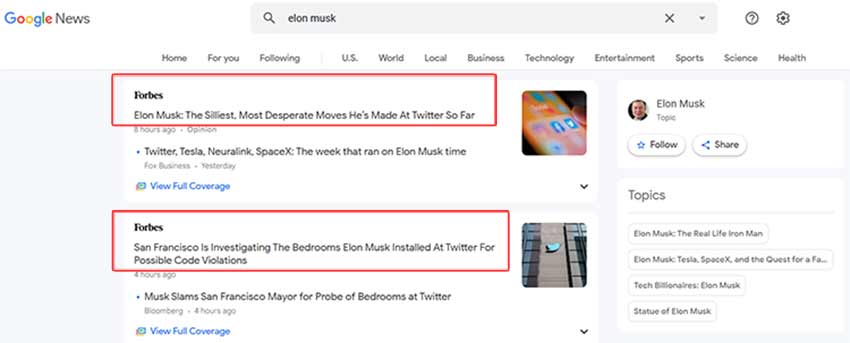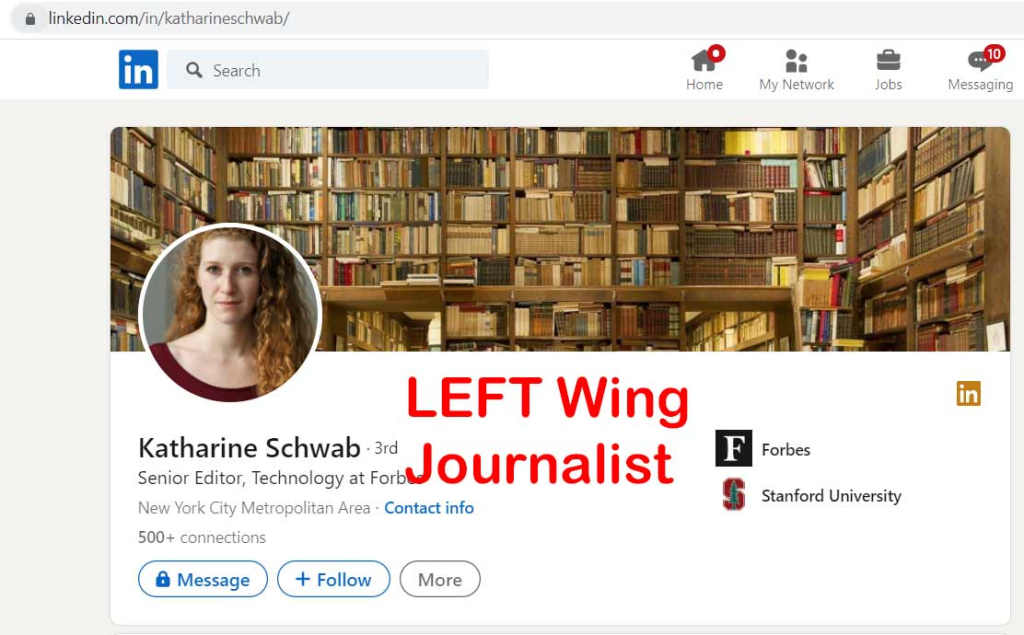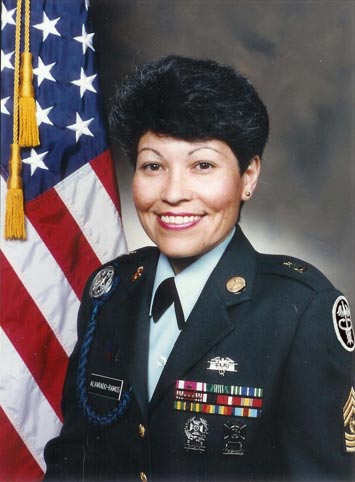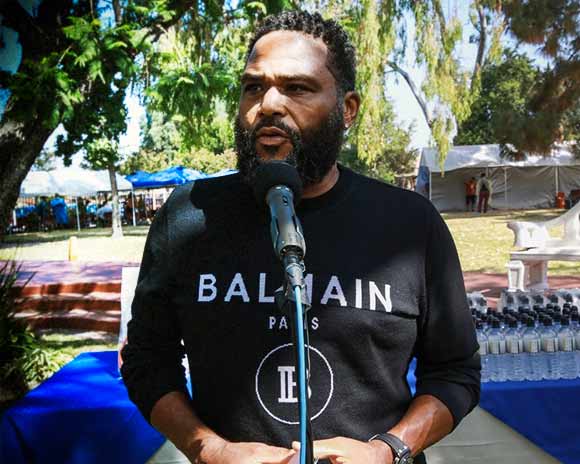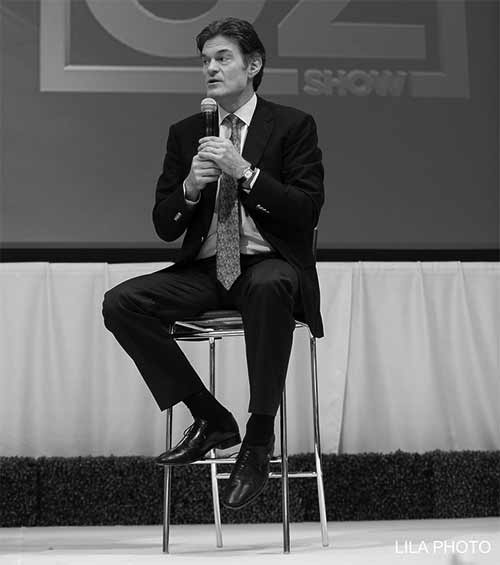Nathan Young Biography

Nathan Young has always had a heart for helping others. After college, Nathan decided to serve in the Army. Upon returning home, he started running a hotel that was once used as a retirement home. Nathan used this endeavor to support his desire to help anyone with whom he came into contact.
His opportunity to help people began sooner than he had expected. A sober living house was located close by the hotel. Those who were staying at the sober living house would be kicked out for drinking alcohol. Looking for a place to go, they would come to Nathan’s hotel, where he would take them in, requiring little or no payment for their stay. To help these people even further, he opened two sober living houses and provided treatment options for those who wanted it, for which he paid the majority of the cost.
As time progressed, he decided to help others who were in other unfavorable situations. He hired ex-convicts who had difficulty finding jobs after they left their halfway houses. He also allowed those who were homeless or almost destitute to work for him.
Unfortunately, Nathan Young met his own share of hard times after losing his girlfriend to an overdose.
With the start of 2020 and the frightening uncertainty of COVID, most of the surrounding hotels were being forced to shut down. After running the hotel since 1996, he was laid off from his position due to economic hardships related to the pandemic. However, he didn’t let this setback stop him from continuing to help others.
Still, he felt compelled to help those with substance abuse disorders, especially after his personal loss. While he owned the sober living house, he wanted to expand and open a clinic as well. However, he was under the belief that one person could not own both facilities at one time. So, he asked his friend, Marc, to purchase an outpatient clinic during the summer of 2020. The clinic started out with only ten clients but grew as Nathan’s reputation for being tenderhearted towards those struggling with addiction came to the clinic.
Nathan’s kindhearted nature continued to shine through even as he continued to face financial hardships. In 2022, the health insurance company, Aetna, stopped providing payments for supporting the clinic. As Aetna was providing the clinic’s main source of revenue, this was a hard blow. The smartest business decision at that time would have been to shut down the clinic, turning away all clients and terminating all of the employees, as Nathan would face significant financial loss if he continued to run the clinic.
However, Nathan did not want to turn anyone away if he could help it. Instead, he continued to run the clinic, dedicating everything to assisting others, even though he was hemorrhaging millions of dollars of his own personal funds as the year 2023 progressed. Although he had to reduce the cost of overhead by terminating some employees and reducing salaries, he did all that he could to prevent the clinic from going bankrupt. As a result, he worked 16-hour days every day of the week for the majority of that year.
Nathan’s growth and success boil down to the fact that his number one priority is helping others by loving and accepting them as they are. This is reflected in the care that his clinic provides as they prepare a personalized treatment plan that meets the client’s current needs, helping them start their recovery journey. The clinic refuses to give up on people, taking in clients even after they experience a relapse, destroy property within the clinic, or get into physical fights with other clients. Rarely will the clinic refuse to allow an individual to enter or reenter the program.
Because of the approach Nathan Young takes in the clinic, there is a high success rate as about 60% of clients remain sober for a minimum of six months. To accept more clients that are not able to afford treatment, overhead costs have been minimized as much as possible. A job mentorship program is also available to clients, giving them career opportunities that they may not otherwise have had due to their personal or criminal history.
The program also helps them through the interview process despite their rough appearance. Alumni marketing is also a part of the clinic. This means that once a client becomes sober, they are able to market a particular product using their face which is then used in a social media advertisement. As their friends notice the fact that they are sober, they then ask how they achieved their sobriety, directing them back to the clinic.
Nathan continues to help others who are underprivileged, including the homeless. He assists them in becoming sober, finding jobs, and renting their own apartments, helping them permanently stay off the streets. Nathan Young is a true example of someone with a heart of gold.
Company Overview:
9 Silver is a premier employment agency based in Los Angeles, California, dedicated to bridging the gap between talented individuals and leading businesses. Located at 1800 Vine Street, Los Angeles, CA 90028, and reachable at (323) 643-3171, they specialize in providing top-tier outsourced employment and human resource services.
About Us: 9 Silver’s mission is clear: to connect motivated, talented, and driven individuals with exceptional businesses, fostering opportunities for growth and excellence. They are committed to offering high-quality outsourced employment solutions and HR services, aimed at empowering both business owners and employees to achieve their fullest potential.
Nathan Young, the visionary founder and owner of 9 Silver, brings a wealth of experience and a unique perspective to the employment industry. His dedication to excellence and innovation in human resources has propelled 9 Silver to the forefront of employment solutions in Los Angeles.
Clinic Services They facilitate connections between job seekers and employers, ranging from temporary positions to permanent placements, ensuring that each match promotes mutual success. Whether you’re a professional seeking a better opportunity or a company needing skilled talent, 9 Silver is here to support and enhance your journey. [Website]


